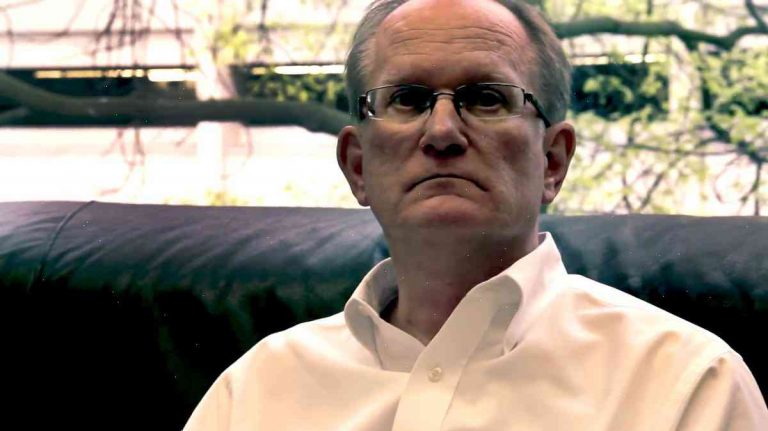Analysis – In 1993, Ben Berner, an electrician from Picton, Ontario, began hearing things that just didn’t add up.
His father – a government office worker and caretaker for his dying mother – didn’t make nearly enough money from two part-time jobs to support his family of five, while also buying the family a small home and paying for his daughter’s post-secondary education.
One morning, Mr Berner got up early and watched his neighbours walk off the buses with wads of bank notes in their hands. In past, poor Canadians in his northern Ontario community would hit the hole. But as of 1993, local thieves and pranksters were uncommon.
While observing the scene, Mr Berner’s father told him that family friends were opening new bank accounts using more than $20,000 of their cash.
As a youth, Mr Berner had been baffled by the money. He was living on less than $300 a month. So when his dad told him the money could no longer buy the “white elephant” home, Mr Berner began experimenting in his spare time.
“I had to see what would work,” Mr Berner told the BBC, as he described a 1997 experiment to open offshore companies. Mr Berner “took $100,000 out of a safe deposit box, deposited it in a bank account and signed a document that said I held all the shares of a business I did not own.”
Read more: Troubled Canadian business, buried under a web of offshore banking assets
“It was unbelievable how easy it was. I felt the urge to bring it to the attention of the taxman.”
